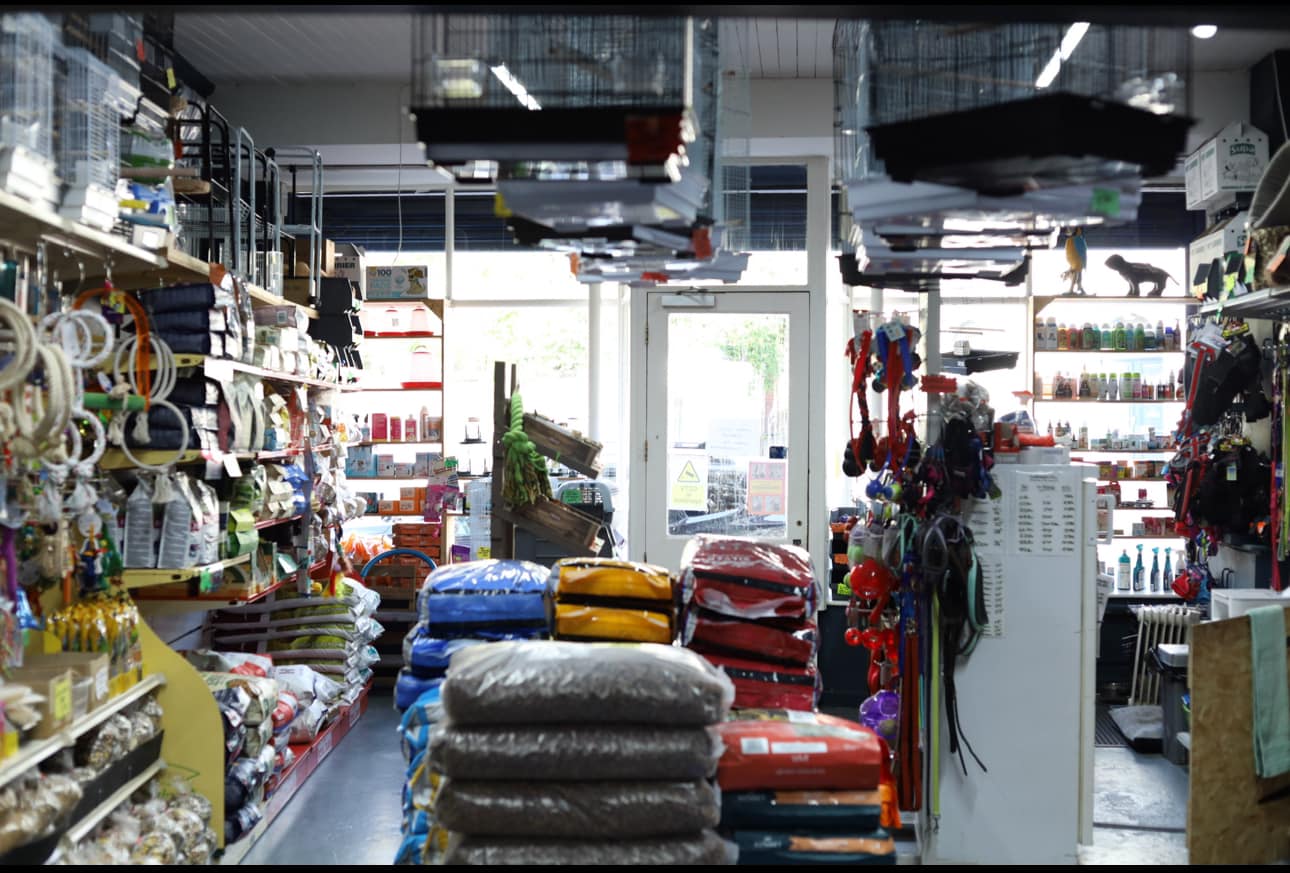How to Care for a Puppy
How to Care for a Puppy
Bringing a new puppy home is both thrilling and a bit overwhelming, but it should be a joyful experience for both of you!
Our puppy care guide will help you provide the best start for your puppy and avoid potential issues in the future.

Up to 8 Weeks - Before You Bring Your Puppy Home
Before your puppy arrives, the previous owner should have:
- Organized their first vaccination
- Started toilet training
- Begun socializing them with new people and situations
Prepare for your puppy's arrival by:
- Creating space and buying toys: Provide an area for play and toys to keep them entertained.
- Setting up a resting area: Provide a crate, hiding places, or a cozy bed in a quiet, draft-free spot for undisturbed rest.
- Taking a familiar blanket: Bring a blanket from the puppy’s first home to offer comfort.
- Removing hazards: Clear away anything poisonous or items you don’t want chewed.
- Finding a vet: Use our link to locate a local veterinarian.
- Organizing puppy classes: Book a class as soon as you know you're getting a puppy.
- Getting pet insurance.
8-12 Weeks - Bringing Your Puppy Home
This period is crucial as your puppy's experiences will shape their future behavior. Though not fully vaccinated, continue socialization with positive experiences like:
- Introducing other pets: Let them meet healthy, fully vaccinated dogs and cats.
- Carrying them outside: Introduce new people, sights, and sounds.
- Gradually introducing new experiences: Familiarize them with the car, grooming, handling, and body checks.
You should also:
- Leave them alone briefly: Prevent separation-related issues by gradually increasing alone time.
- Establish a routine: Reward good behavior and ignore bad behavior.
- Maintain their diet: Feed the same puppy food and keep small, regular meals.
- Continue toilet training: Reward them for going outside.
12 Weeks Onwards - Puppy Training and Socialization
Your puppy can have their second vaccinations around this age. While at the vet, inquire about worming, flea treatment, and neutering.
Also:
- Socialize outside: Once fully vaccinated, introduce them to outdoor environments.
- Attend puppy classes: Great for boosting confidence and learning basic training.
- Understand preferences: Use their favorite food or toys for motivation during training.
- Allow regular rest: Keep training sessions short and fun, and use the crate as a safe space.
6 Months Onwards - Further Training and Neutering
Continue reward-based training and ensure all experiences are positive.
Remember to:
- Consult your vet: Address any concerns and discuss neutering if not done already.
- Advance training: Enroll in more advanced training classes if your puppy is ready.
- Transition to adult food: Adjust their diet as they grow and their nutritional needs change.
By maintaining positive experiences from the start, you’ll help your puppy grow into a confident adult dog, making life enjoyable for both of you.


